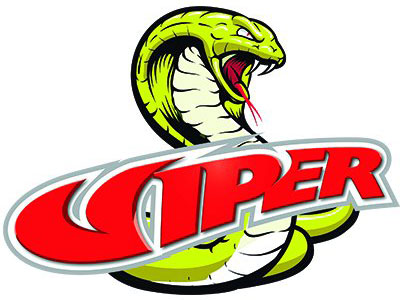Get a Fast Quote
🛠️ Need the Right HVAC Tool for the Job?
Whether you're quoting a bulk order or chasing hard-to-find tools, we’re here to help.
Get a fast, personalised quote—no pressure, no spam!
Fill out the form below and we’ll get back to you ASAP.
📩 Request a Quote
Description
The Embraco FFI12HBK is a hermetic reciprocating unit for R134a in the LBP/MBP envelope. It’s a tidy drop-in on display fridges, merchandisers and small coolrooms — quick to fit, stable in Aussie heat, and no dramas. Confirmed 220–240 V 50 Hz single-phase with fan-cooled shell and low-starting-torque RSIR/CSIR platform.
Key Features & Trade Benefits
- R134a LBP–MBP application — right operating range for small commercial refrigeration; dependable pull-down and tighter case temps.
- 1/3 HP, 220–240 V 50 Hz — straight fit for Australian mains; less stuffing around on site.
- 11.14 cm³ displacement (FFI series) — proven sizing for light-commercial loads; balances energy use with product protection.
- RSIR/CSIR, Low Starting Torque — uses common relay/overload and (where specified) start cap for clean starts, fewer nuisance trips.
- Factory ester oil charge (POE ISO 22 ~280 mL) — ships ready to install; look after oil hygiene to maximise life — bloody good reliability.
- Fan-cooled shell — stable winding/oil temps in hot plant rooms and roof cavities.
Why This Compressor Matters
When a cabinet starts short-cycling on a steamy Brisbane arvo, it’s usually the compressor or start gear copping it. Drop in an FFI12HBK, match the start relay/overload, and fair dinkum — you’ll see clean pull-down and fewer call-backs. It’s a solid, no-nonsense unit for R134a service work.
Need more refrigeration gear? Check our Refrigeration category (helpful hub for oils and accessories).
Pro Tip
- Match start gear to the nameplate: RSIR/CSIR units depend on a healthy relay/overload and (if required) start cap. Swap tired parts during compressor change-outs — cheap insurance.
- Keep POE clean & dry: POE is hygroscopic. Change the drier, nitrogen-sweep brazes, and pull a deep vacuum before start-up.
- Mind the airflow: Maintain condenser fan flow across the shell — starved airflow cooks windings and oil; she’ll be right if it breathes.
Compatibility & System Info
Refrigerant: R134a. Applications: LBP/MBP cabinets, merchandisers, reach-ins and small coolrooms. Typical cap-tube systems; verify sizing if converting from another model. Confirmed supply 220–240 V 50 Hz.
Local note: In salty coastal Sydney installs, protect terminals; in hot inland jobs, keep condensers/fans clean for stable amps — no worries.
What’s Included
- 1 × Embraco Aspera Compressor FFI12HBK (factory oil charge)
- Shipping/service plugs and terminal cover (as supplied by manufacturer)
Specifications
| Attribute | Details |
|---|---|
| Model / Code | FFI12HBK (FFI series) |
| Refrigerant | R134a |
| Application | LBP / MBP (light commercial refrigeration) |
| Supply | 220–240 V, 50 Hz, 1-phase |
| Motor / Start | RSIR / CSIR, Low Starting Torque |
| Displacement | 11.14 cm³ |
| Cooling | Fan-cooled shell |
| Oil Type / Charge | POE (ester) ISO 22 / ~280 mL |
| Typical Capacity (EN12900) | ~630 W @ −5 °C evap, ~773 W @ 0 °C evap (45 °C cond). See full curve in datasheet. |
| LRA (50 Hz) | ~20 A (typical) |
| Weight | ~11–12 kg |
Specs based on Embraco technical data and curves. Always verify against your exact engineering code and site conditions.
Warranty & Returns
Covered by the manufacturer’s warranty. See our Shipping & Returns for process and timeframes. Keep packaging until commissioning is complete.
FAQs
Is FFI12HBK suitable for R600a?
No — this model is specified for R134a. Use an R600a-approved model for isobutane systems.
Do I need to replace the relay/overload when changing the compressor?
Highly recommended. RSIR/CSIR units rely on healthy start gear for clean starts and to avoid nuisance trips.
What oil should I use?
Factory-charged with POE (ISO 22). If top-up/recharge is required, match OEM ester grade and keep moisture out.
Capillary or TXV?
Typically capillary tube on small cabinets. Verify sizing when replacing unlike-for-like compressors.
Related Products
- Relay & Overload Combo — a helpful swap with the compressor so starts stay smooth.
- Start Capacitors — handy when the original is weak or out of spec.
- Refrigeration POE Oils — choose the OEM-specified grade for clean lubrication.















